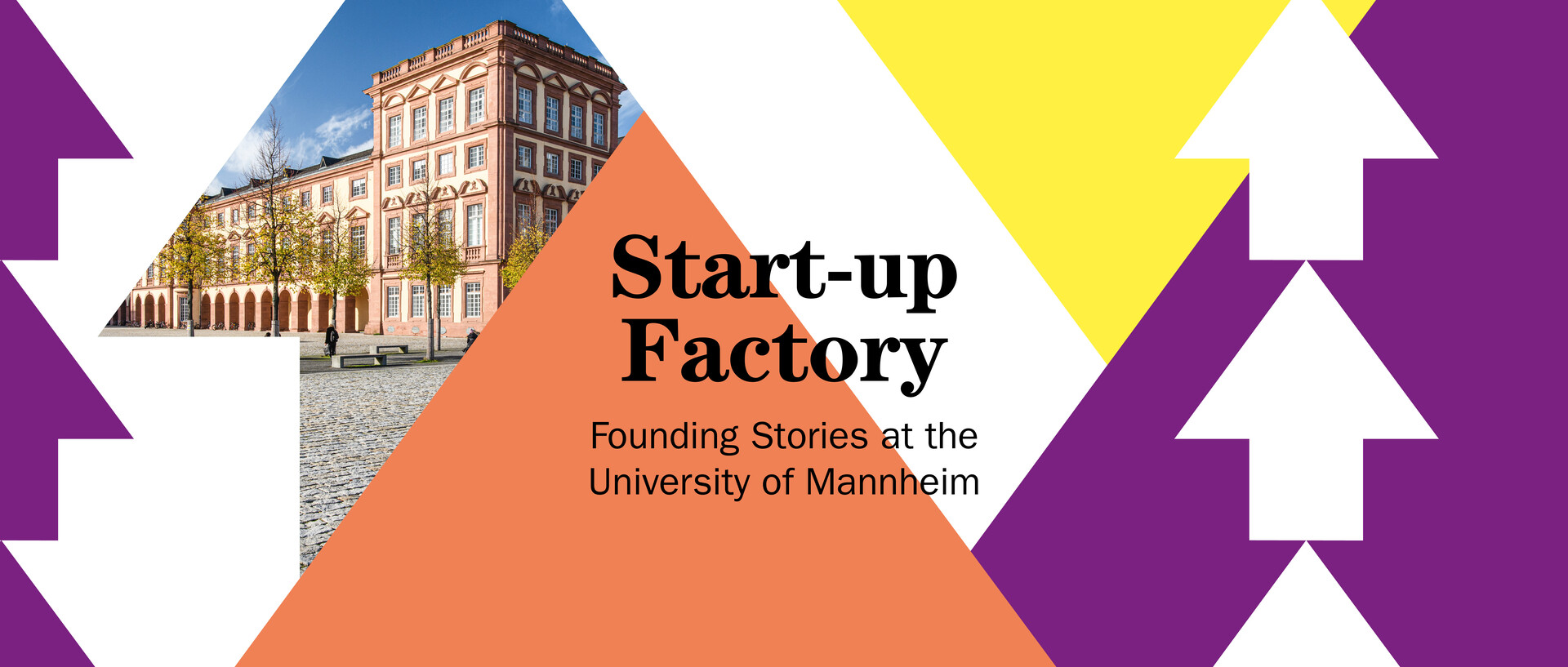Rethinking Knowledge Transfer
Launched in 2022 at the Center for Teacher Education and Educational Innovation (ZLBI), the “Wissen bewegen” program supports innovative projects led by university staff. The goal: to foster a creative work environment and promote the exchange of knowledge.

At a university, knowledge transfer isn’t just about professors teaching students. A broader question emerges: How can knowledge be shared and expanded so that staff members learn from one another and drive innovation? The “Wissen bewegen” (“knowledge in motion”) program at ZLBI seeks to answer this question.
One of its key objectives is to bring together partners from different university departments to explore and experiment with new approaches to knowledge transfer. Beyond the core criteria of innovation and knowledge sharing, the program places no strict limits on project proposals. “Even external partners—such as the City of Mannheim or universities within the ENGAGE.EU alliance—can be involved,” explains Corinna Braun of ZLBI, who co-developed and leads the program alongside Julia Derkau and Letizia Motel.
Plenty of freedom for participants
“It’s worth taking a closer look at your own work environment and asking: How can I introduce innovation here and create added value, possibly in collaboration with outside partners?” Braun suggests. Participants can choose from a wide range of project formats, including interdisciplinary, cross-departmental, institutional, and even international collaborations. Regular meetings with other project teams and coaching sessions are also key components of the program. “But when it comes to ideas, design, and execution, it’s entirely up to the participants,” Braun adds.
“Each proposal is unique,” she continues. “Applications are reviewed both internally and through a peer-review process involving external evaluators.” Projects receive funding for two years, and the second round began in September 2024. So far, the program has been well received: although only four projects were initially planned for the second round, seven teams ultimately joined—up from just three in the first round. “Many participants from the first round were surprised by how much they learned about project management and why structured planning matters,” Braun adds.
“A unique exchange of knowledge”
With no set themes, the program has generated a wide variety of projects. One participant, for instance, came across a new team development method while visiting the University of Bergen in Norway. Now, through the Startklar mit Start Smart project at the University of Mannheim, she is putting this approach into practice in collaboration with the Norwegian School of Economics (NHH) and the University of Bergen. Together, they are training team leaders and facilitators who will introduce the method to their colleagues.
“This has created a unique knowledge-sharing network within the university,” Braun notes. “The project is a great example of international knowledge transfer.” Ultimately, the program benefits not only the participants but also the university as a whole, providing insights into how knowledge transfer can be effectively integrated across various programs—including projects like TransforMA.
Text: Pascale Tamburini / April 2025

For a report on the WISSENsdurst event series, which is funded by the “Wissen bewegen” program, see this article.
